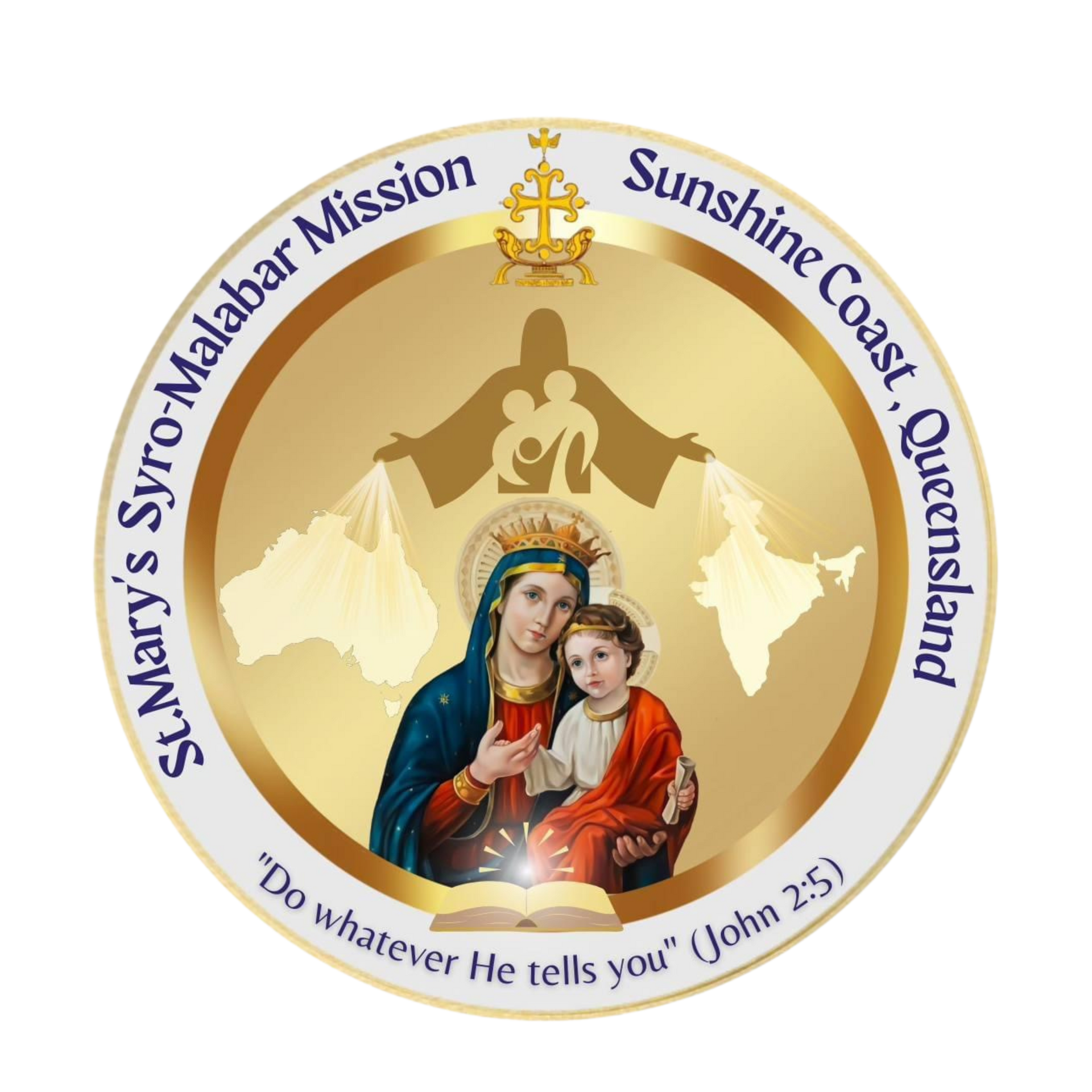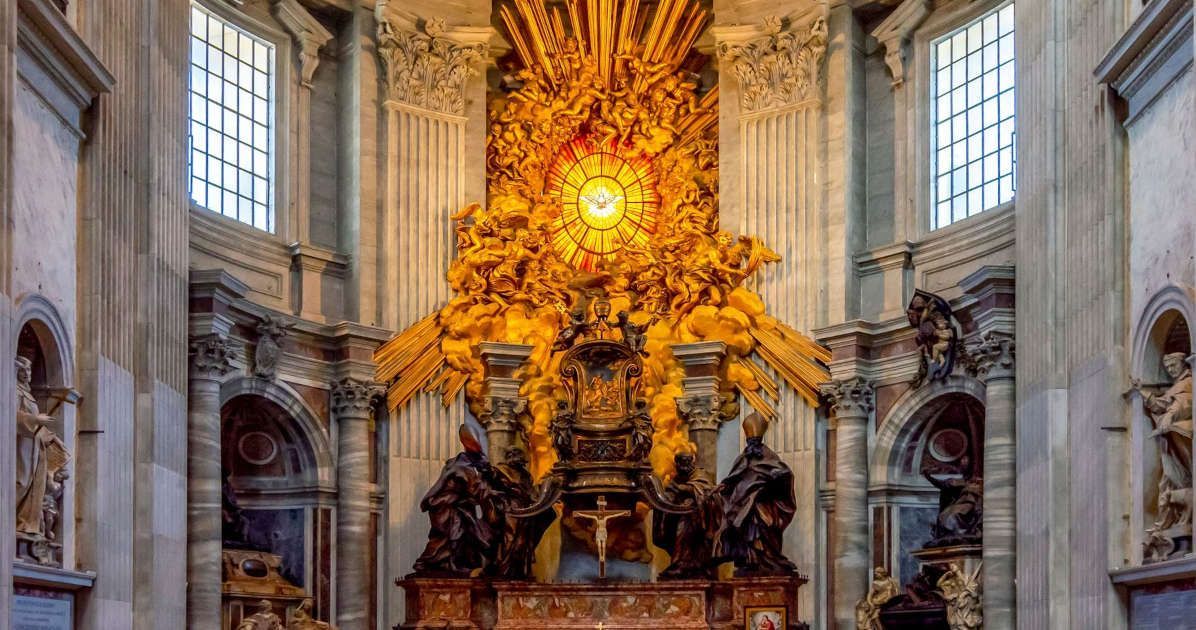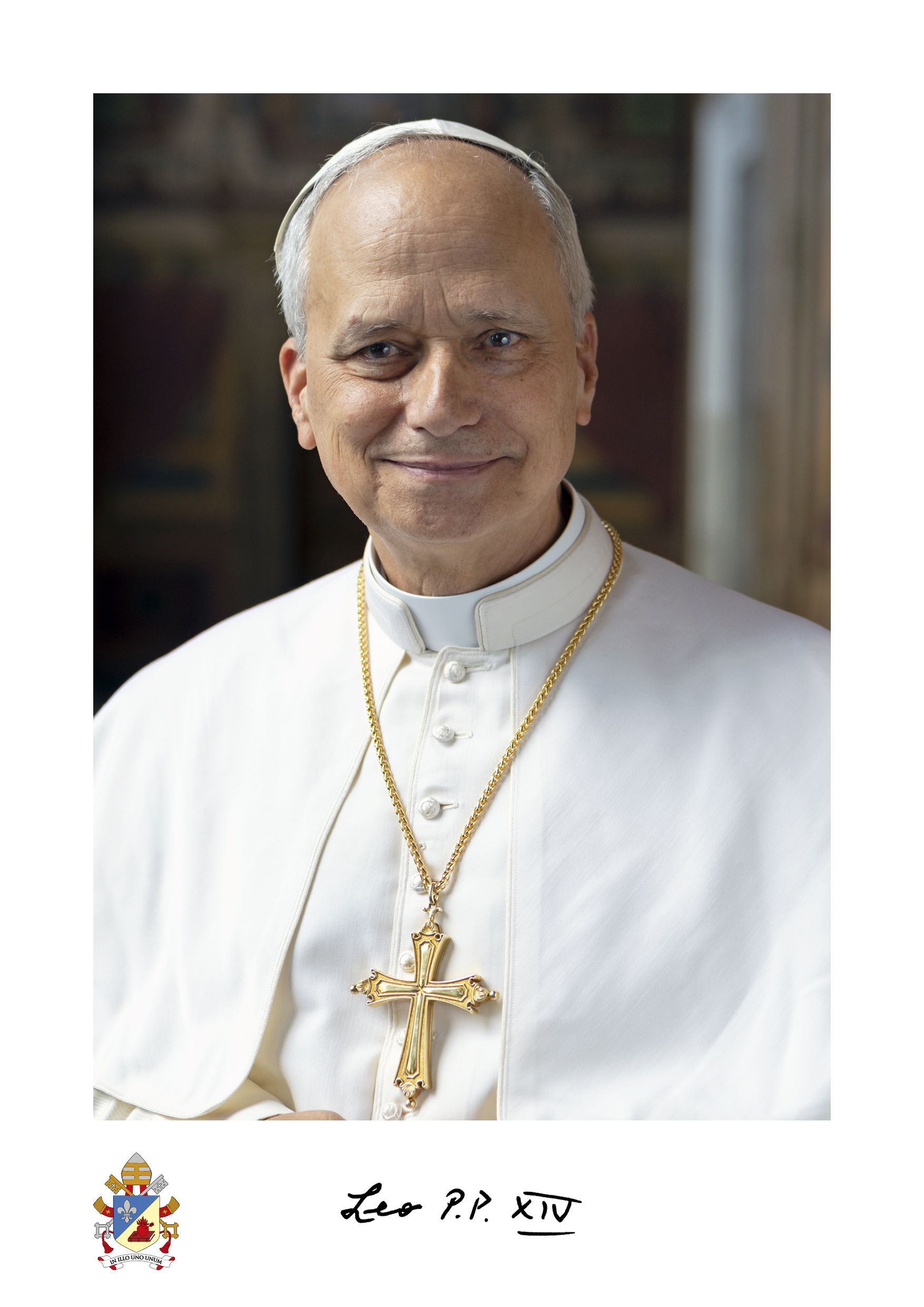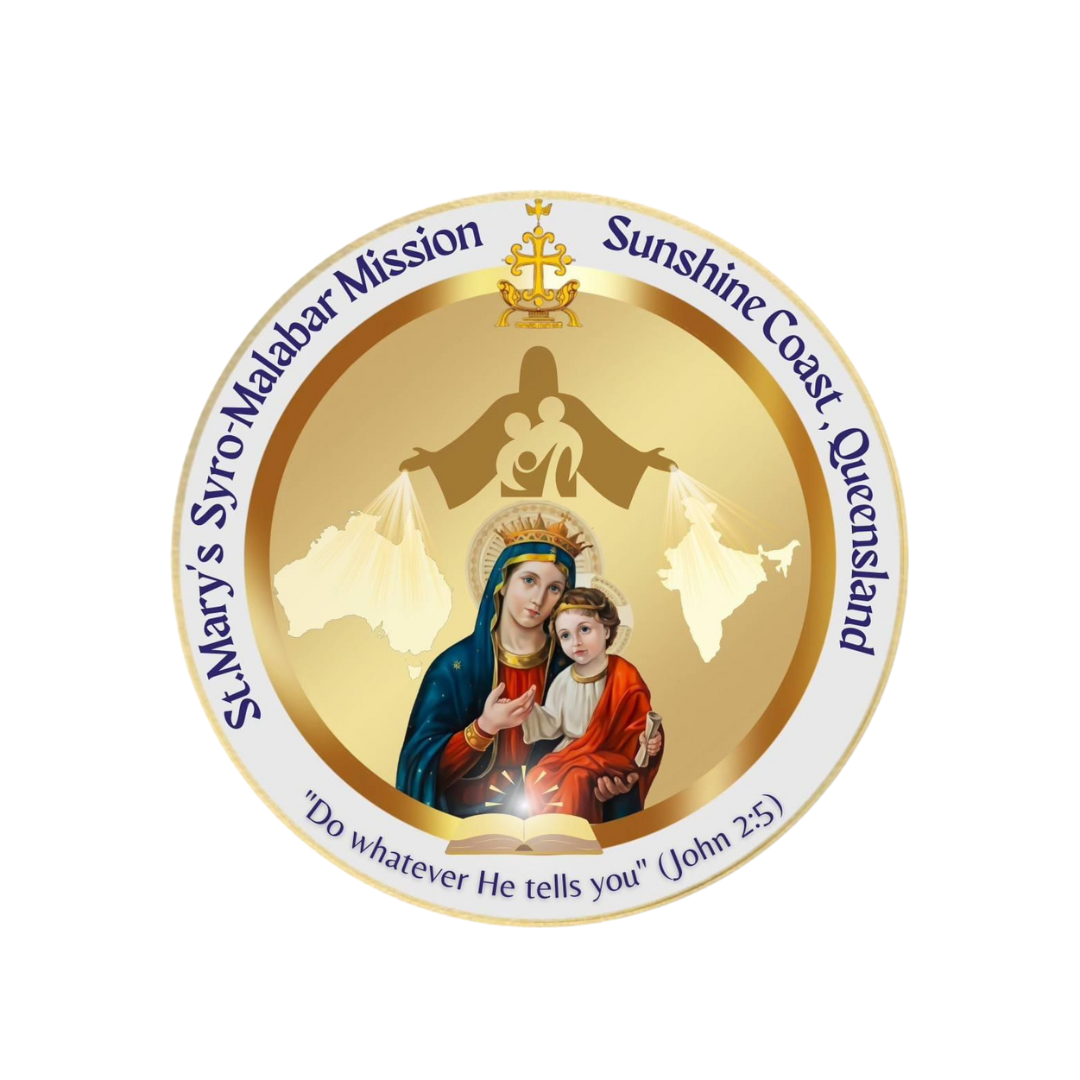Pope Leo XIV – The Holy Father
According to Catholic tradition, Jesus founded the papacy in the first century, when he chose St. Peter, the leader of the apostles, to be his earthly representative. “Thou art Peter and upon this rock I will build my church,” he states in chapter 16 of Matthew. “I will give to thee the keys of the kingdom of heaven.” Those words, which now circle the dome of St. Peter’s Basilica in Rome, serve as the biblical mandate for the papacy. All popes are considered symbolic descendants of Peter and are thought to hold “Peter’s Chair”
Since then, After St Peter there have been 265 occupants of the papal office. The institution has endured through the defining moments of European history, including the split of the Roman Empire, the bloodbath of the crusades and the rise of the Italian Renaissance. More recently, popes have struggled to reconcile the strict traditions of doctrinal Catholicism with the realities of modern life, including defending firm stances against abortion and the death penalty.
Biography
Born in Chicago, Illinois, and raised in a nearby suburb, Prevost became a friar of the Order of Saint Augustine in 1977 and was ordained as a priest in 1982. His service includes extensive missionary work in Peru in the 1980s and 1990s, where he served as a parish pastor, diocesan official, seminary teacher, and administrator. Elected prior general of the Order of Saint Augustine from 2001 to 2013, he returned to Peru as Bishop of Chiclayo from 2015 to 2023. In 2023, Pope Francis appointed him prefect of the Dicastery for Bishops and president of the Pontifical Commission for Latin America and made him a cardinal the same year.
As a cardinal, he emphasized synodality, missionary dialogue, and engagement with social and technological challenges. He also engaged with issues such as climate change, global migration, church governance, and human rights, and expressed alignment with the reforms of the Second Vatican Council.
A United States citizen by birth, Leo XIV is the first pope to have been born in North America, the first to hold Peruvian citizenship (having been naturalized in 2015), the second pope from the Americas (after his predecessor Francis), and the first from the Order of Saint Augustine. His papal name was inspired by Pope Leo XIII, who developed modern Catholic social teaching amid the Second Industrial Revolution. Leo XIV believes the ongoing Fourth Industrial Revolution, particularly advances in artificial intelligence and robotics, poses "new challenges for the defence of human dignity, justice, and labour".



